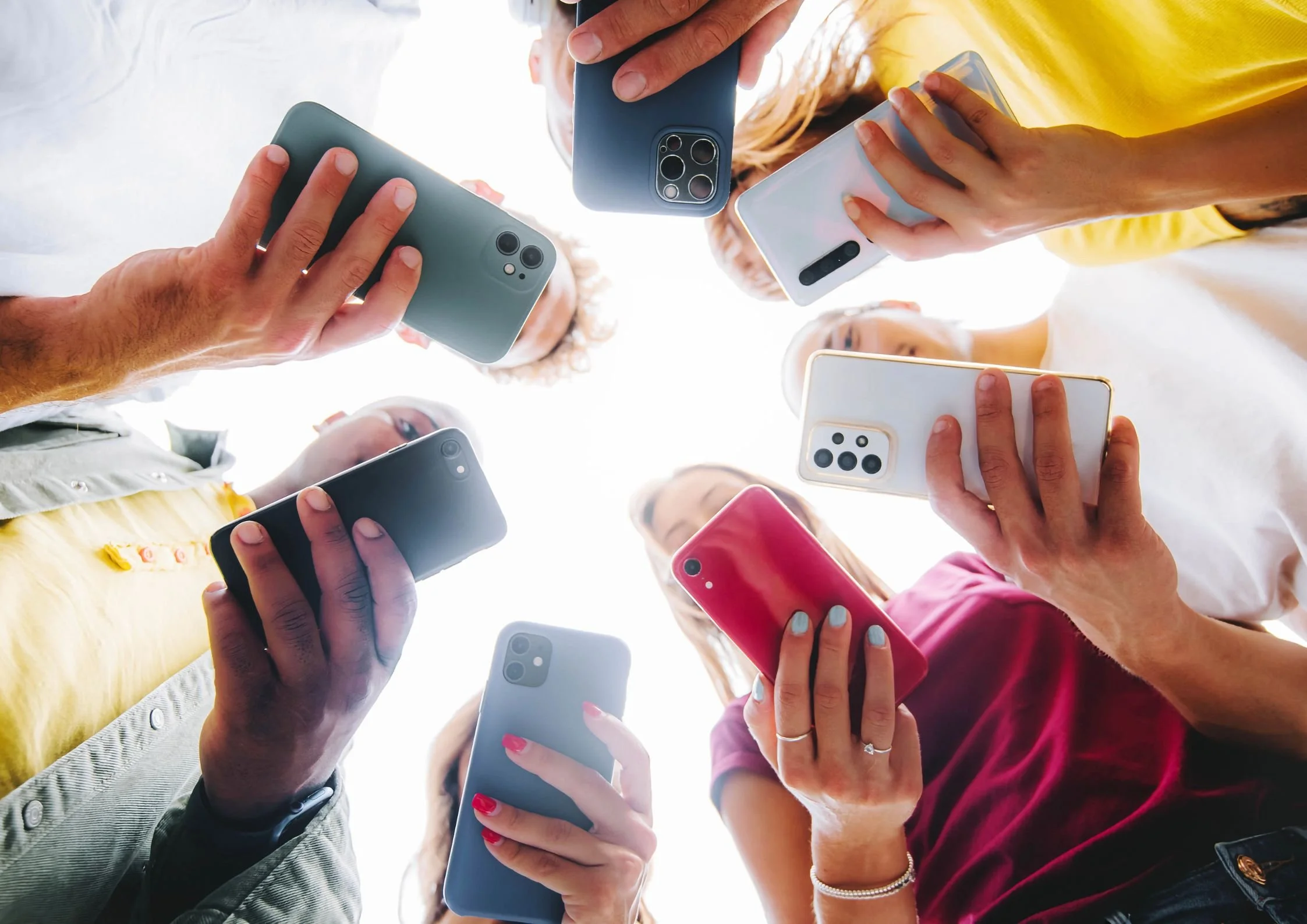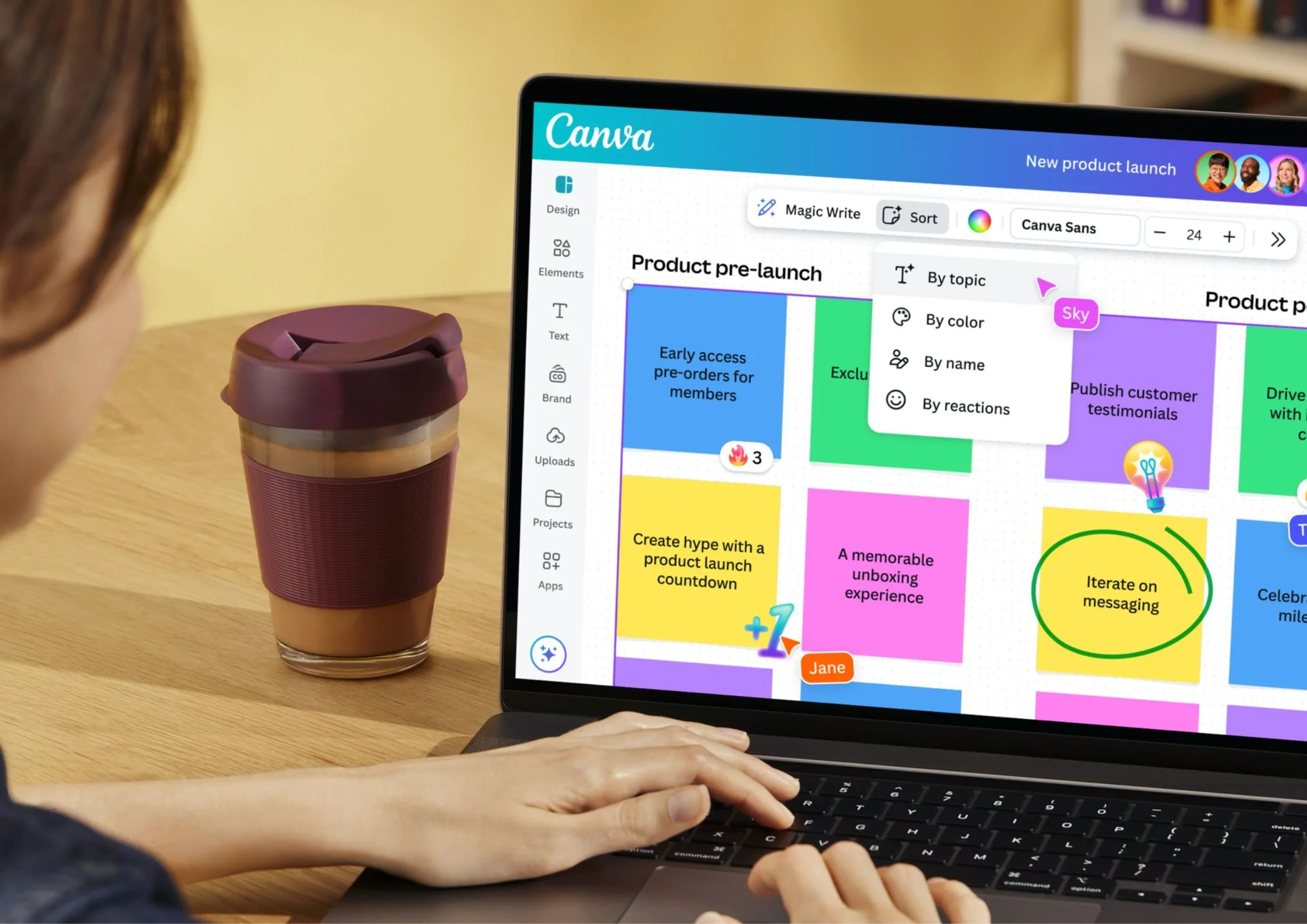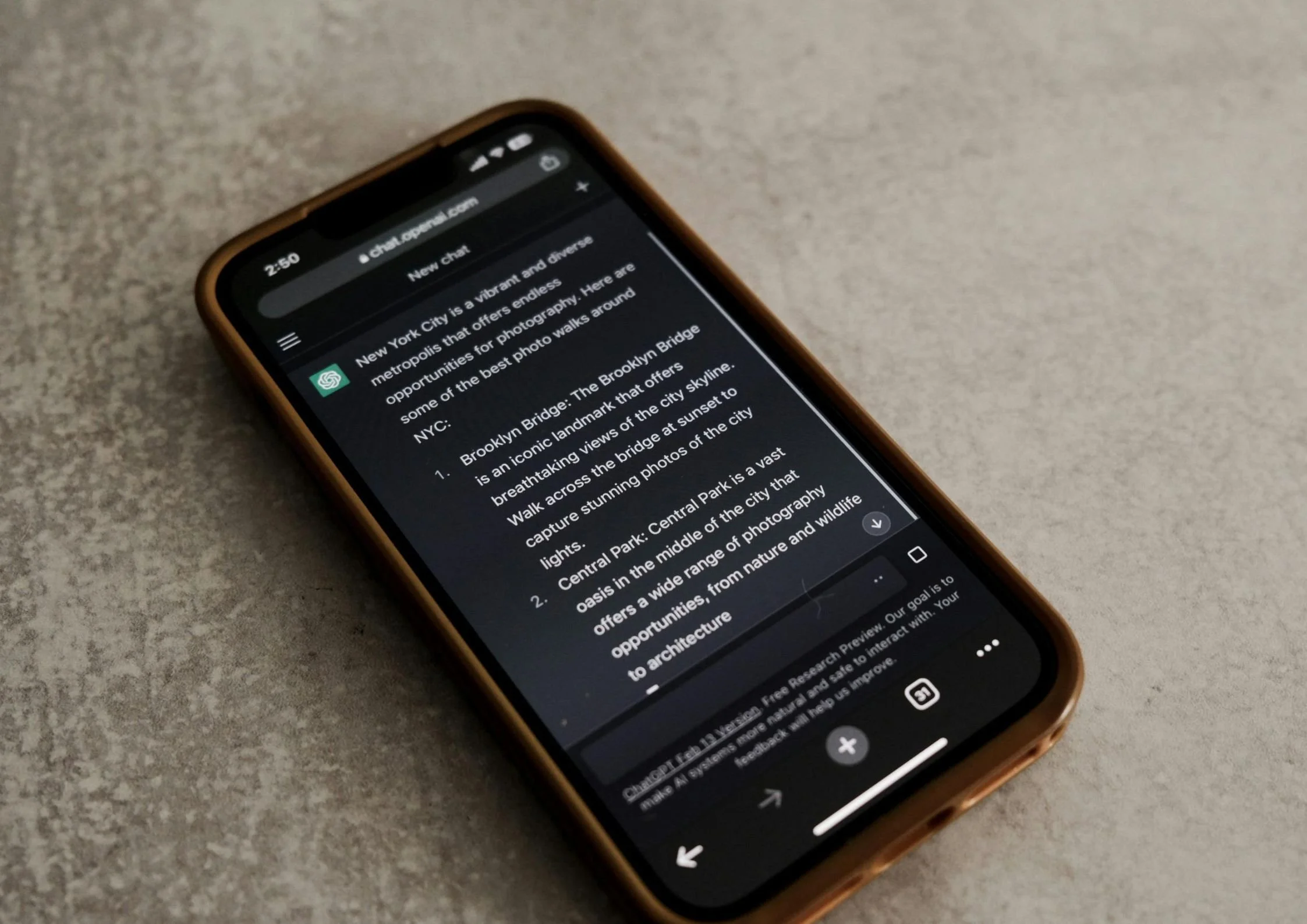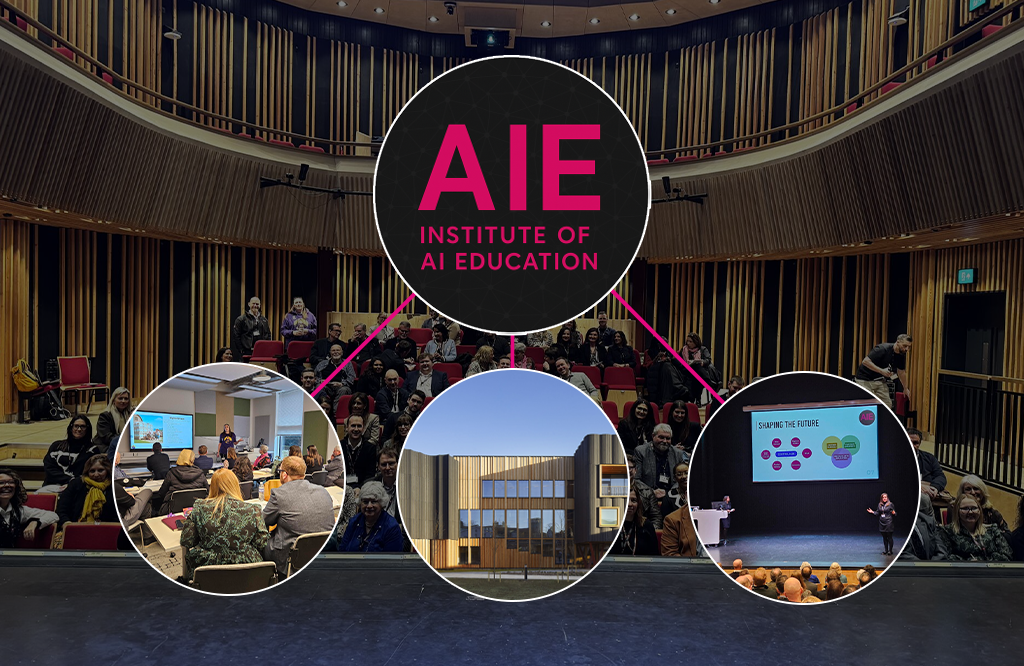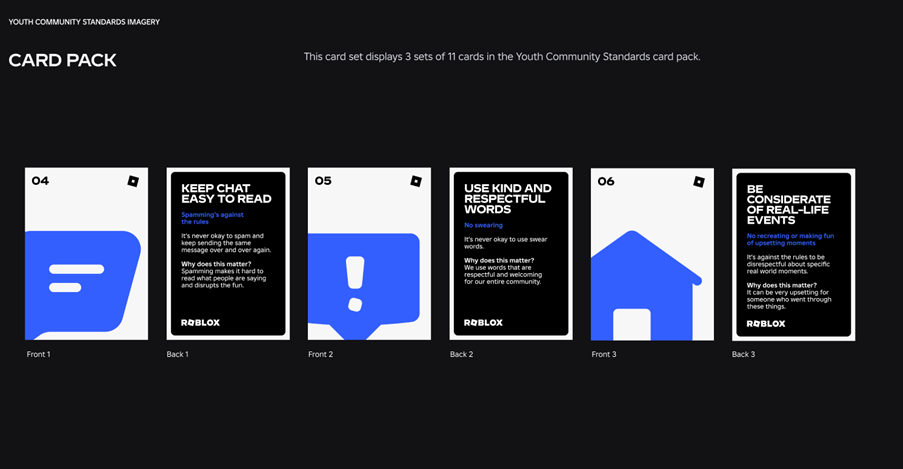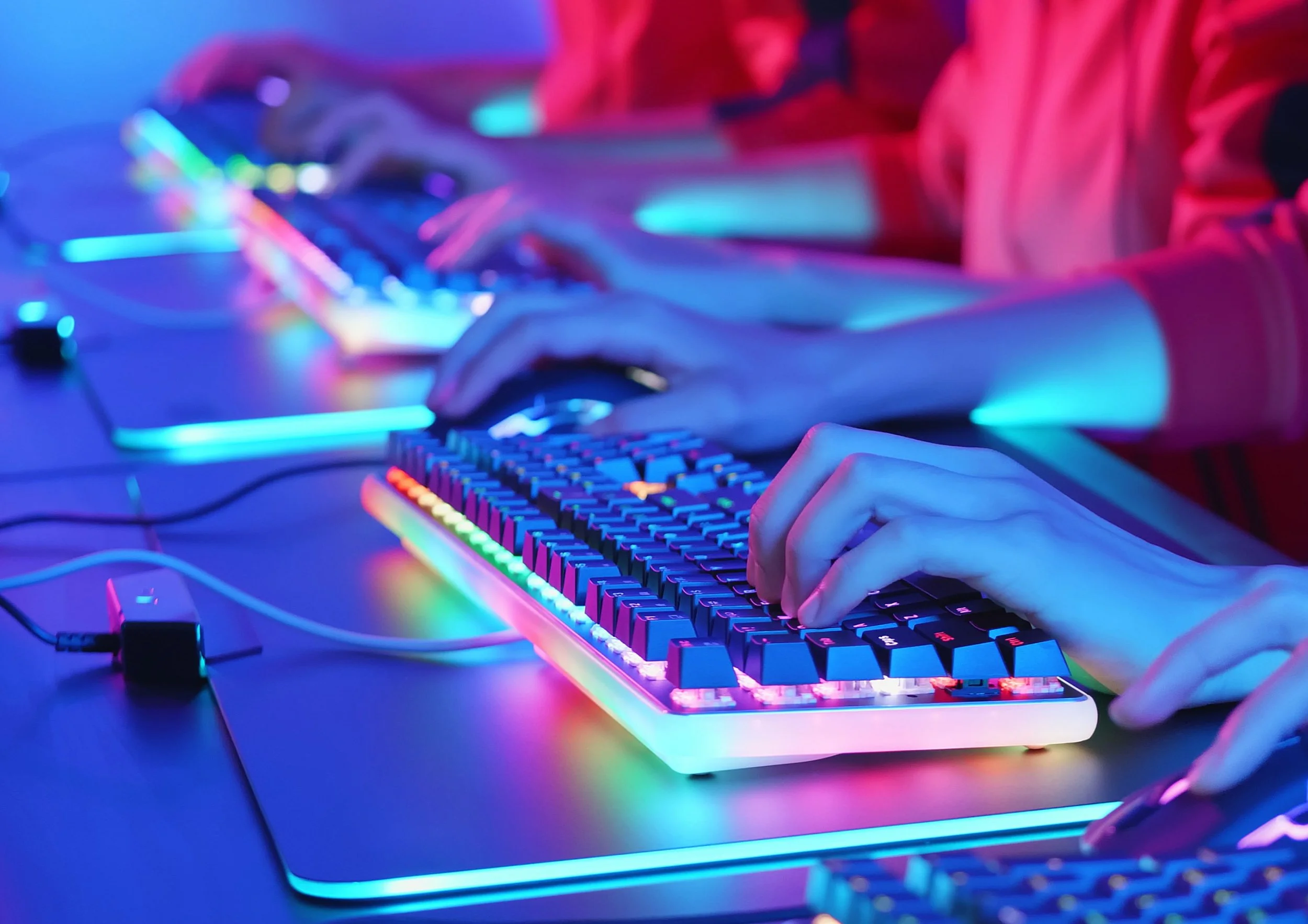Study finds struggling students are more likely to have negative experiences with smartphones
A new study conducted by the University of West England has found that students who are struggling with their studies are more likely to have negative experiences using smartphones than their peers.
The University of West England Bristol surveyed 3,721 secondary school students, 1,595 parents, and 352 secondary school teachers in what it claims is the most comprehensive study of its kind.
The researchers found that struggling students were more likely to encounter negative experiences such as content related to eating disorders, self-harm, and upsetting messages.
The survey also found that parents were likely to overestimate the problems children were having with being upset, struggling with sleep, and receiving nasty messages. However, it also noted that they were likely to underestimate the extent to which their children were harmed by content on self harm, eating disorders, disturbing online content, and being contacted by strangers.
“The young people who report they are struggling are experiencing higher rates, and in some cases significantly higher rates, of negative experiences than the pupils who report that they're coasting or thriving. They are also reporting significantly lower rates of positive experiences with their smartphones than their peers who report that they are coasting or thriving,” Dr Knight, a Senior Lecturer in Education at the university, comments.
Intersecting struggles
“We can quite confidently speculate that a good number of the young people in this ‘struggling’ cohort will be experiencing cumulative and intersecting forms of ‘struggle’. It may not be a surprise therefore, that they report higher degrees of challenge associated with their smartphone and social media use. In this context, we see this cohort as being particularly vulnerable to the most troubling dimensions of smartphone use.”
Dr Redford, an Associate Professor, adds: “From our study, chat groups such as those on WhatsApp seem to be the most toxic element of smartphone use. Traditional ways in which young people bug one another are amplified in these online groups. Pupils, parents and teachers all pointed their fingers at chat groups as the cause of the most negative experiences.
“Overall, between one tenth and one quarter of the pupils we surveyed reported having a wide range of negative experiences with their smartphones, from everyday upset arising from peer group squabbles to exposure to harmful and illegal content.”
More than 70 percent of the teachers surveyed reported seeing tiredness in students due to their use of smartphones and 70 percent reported witnessing conflict which started outside of school on smartphones.
While teachers and parents were broadly in support of stricter rules around smartphone use, most students said they wanted more lenient rules.
The ETIH Innovation Awards 2026
The EdTech Innovation Hub Awards celebrate excellence in global education technology, with a particular focus on workforce development, AI integration, and innovative learning solutions across all stages of education.
Now open for entries, the ETIH Innovation Awards 2026 recognize the companies, platforms, and individuals driving transformation in the sector, from AI-driven assessment tools and personalized learning systems, to upskilling solutions and digital platforms that connect learners with real-world outcomes.
Submissions are open to organizations across the UK, the Americas, and internationally. Entries should highlight measurable impact, whether in K–12 classrooms, higher education institutions, or lifelong learning settings.
Winners will be announced on 14 January 2026 as part of an online showcase featuring expert commentary on emerging trends and standout innovation. All winners and finalists will also be featured in our first print magazine, to be distributed at BETT 2026.

